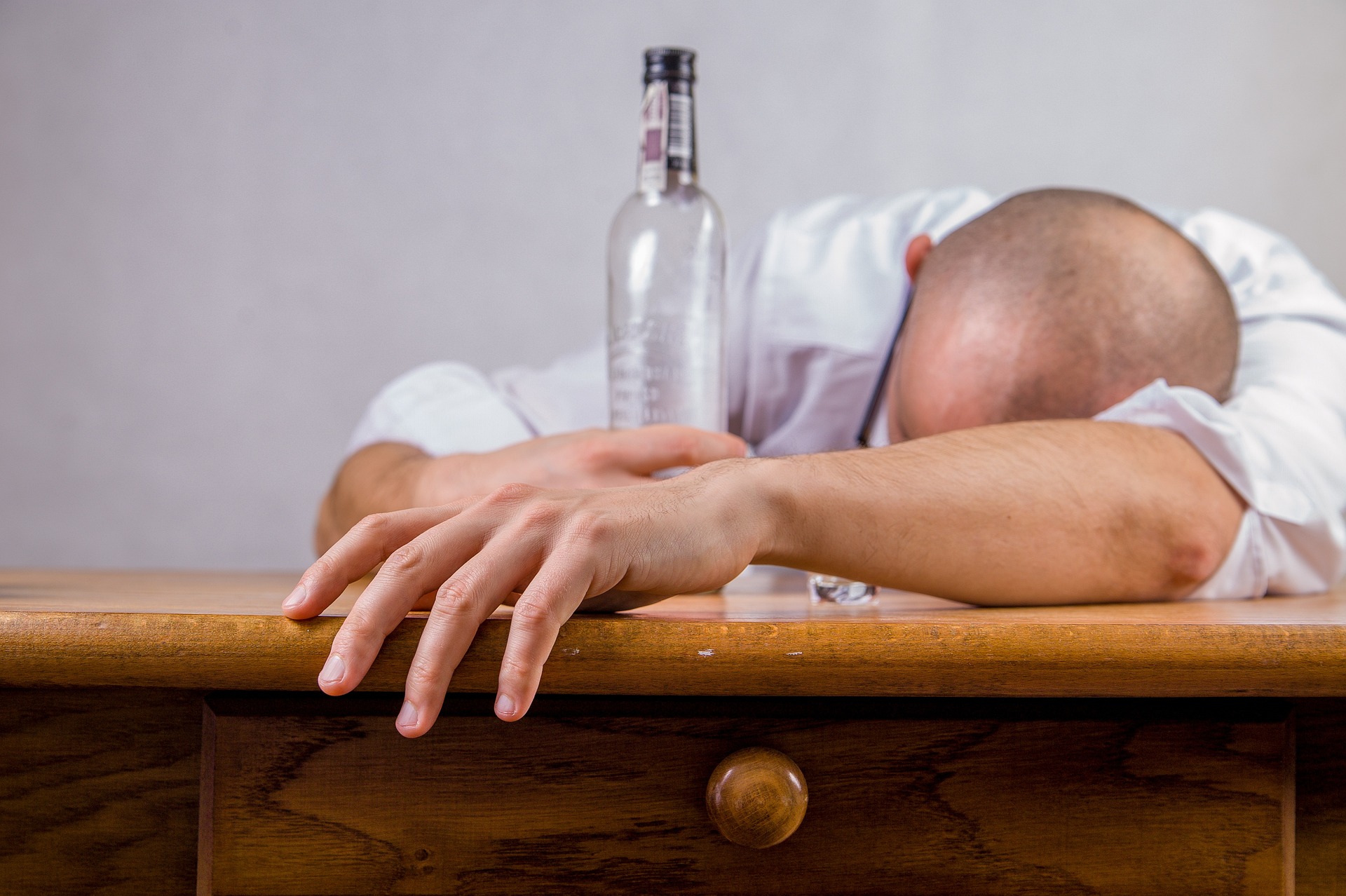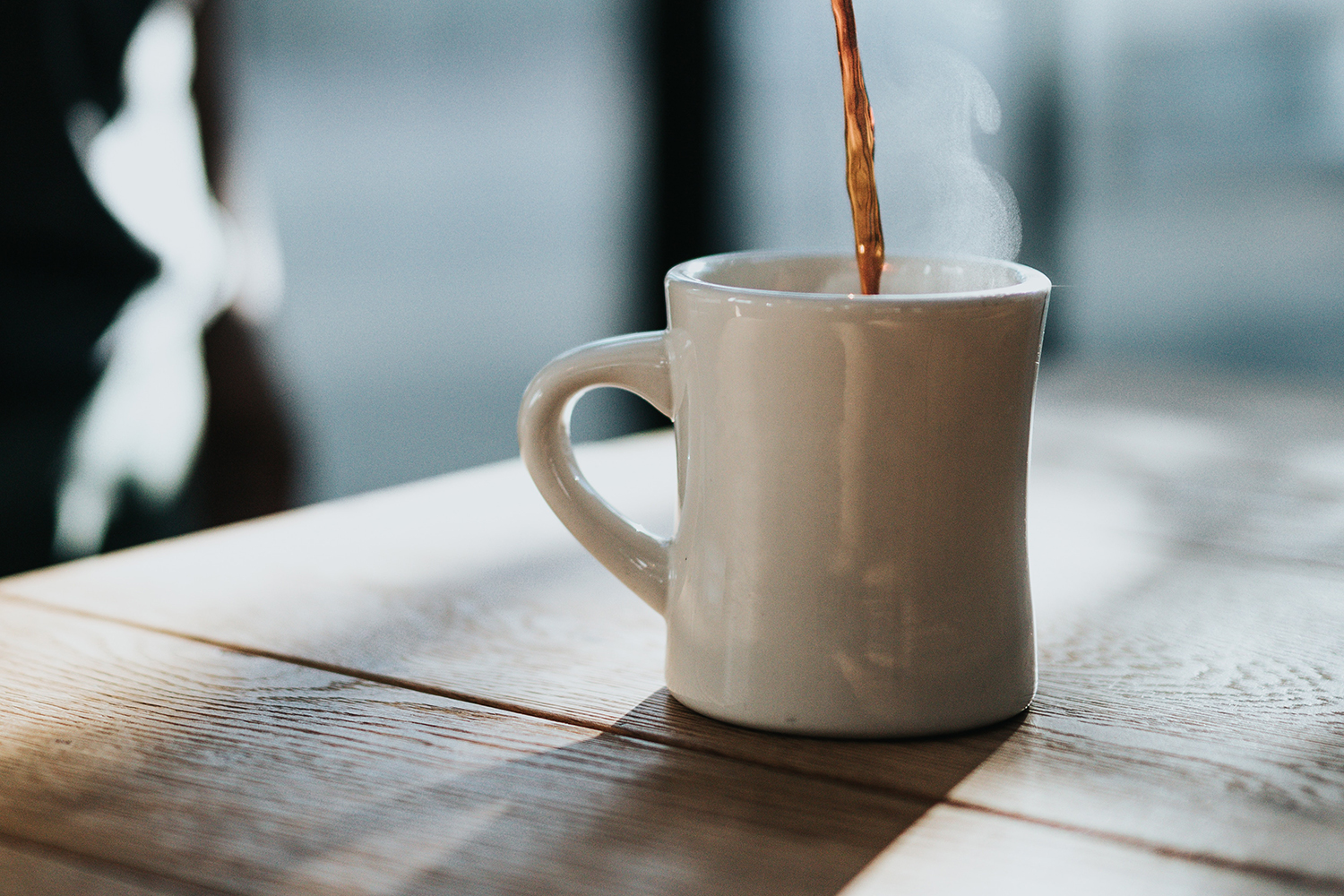In the moment, the dreaded hangover might feel like it’ll never end. Even if you do all the right things, like drink a glass of water in between each drink, it’s hard to escape after a long night out. As someone who loves to be productive and is a definition of a “type-A” personality, I hate feeling slowed down by a hangover.
After a night of drinking, my mind naturally says, “Go downstairs and make a cup of coffee,” to energize my sluggish self. But does coffee help a hangover? Or does it ultimately make it worse? Before you rush for coffee to cure your hangover, here’s what to know.
Can coffee help a hangover?

While you probably experience a “burst” of energy from your morning cup of coffee, it’s not likely to be enough to help you overcome your hangover. In the short term, the caffeine can temporarily reduce fatigue, but the “crash” effect may ultimately make you feel worse. According to WebMD, caffeine should be consumed in moderation as a “hangover cure.”
Dehydration
Per the WebMD guide, medically reviewed by Zilaph Sheikh, MD, caffeine is a diuretic that increases urine production after drinking it. Given that alcohol is already known to dehydrate the body, consuming coffee can further worsen symptoms of dehydration. Alcohol itself also is a diuretic that stimulates your kidneys and causes them to excrete more fluid. Therefore, the double diuretic effects of drinking coffee after alcohol can “slow down the rehydration process” and ultimately may worsen your hangover symptoms.
Headaches and stomach upset
Another common symptom of hangovers is headaches, which can also be worsened by consuming caffeine. Your morning coffee “temporarily narrows your blood vessels and increases blood pressure,” leaving you feeling worse than before consuming coffee. From a digestive standpoint, consuming coffee can also cause nausea, vomiting, or queasiness worse, especially if you drink coffee on an empty stomach. Per the National Institutes of Health (NIH), coffee can increase stomach acid production and cause gastrointestinal irritation, potentially leaving those with sensitive stomachs in worse shape.
Anxiety
As if this isn’t enough, there’s another key factor to consider in the question of “Can coffee help a hangover?” Every person’s hangover symptoms vary, but for me, “hangxiety” comes to the type. This slang term refers to the anxiety many people feel when they have a hangover.
Hangover anxiety or “hangxiety” symptoms can cause fear, worry, and general anxiety-type symptoms, which can be especially tough to deal with in combination with traditional hangover symptoms like nausea and fatigue. Consuming coffee to improve hangover symptoms may seem like a good idea, but it often makes anxiety symptoms worse. As an irritant to the nervous system, consuming coffee can cause an irregular heart rate, high blood pressure, and worsened irritability.
Considering caffeine withdrawal

While I acknowledge drinking coffee may make my hangover worse, not drinking coffee is also a risky option when I’m hungover. If you’re used to drinking one or two cups of coffee (or maybe three or four) to start your day, skipping coffee altogether could also cause caffeine withdrawal symptoms. Of course, headaches and fatigue are also symptoms of caffeine withdrawal.
Knowing both sides of the debate, drinking coffee in moderation may be your best bet. Let’s say you usually start your morning with several cups of coffee, like I do. Perhaps consider toning it back to one to avoid caffeine withdrawal symptoms and prevent further worsening symptoms or dehydration.
What to drink when you’re hungover

For me, drinking bone broth is another go-to method of rehydration to manage hangover symptoms. It’s a great option when your stomach (and mind) can’t bear the idea of eating food, yet you know you should. Bone broth contains solid electrolytes like potassium, magnesium, and sodium, and the hearty protein helps provide you with energy. Plus, it’s easy and soothing for your stomach.
It might be too late to avoid dehydration for this hangover, but for your next hangover, I recommend you start fighting dehydration before you even begin your night of drinking. You’ve probably heard the “drink a full glass of water for every drink you consume” recommendation, but many of us aren’t great at remembering to do this. I’ve found taking a pre-drinking supplement that contains electrolytes, such as Jelly IV, to help combat the dehydrating effects of alcohol before they occur.




